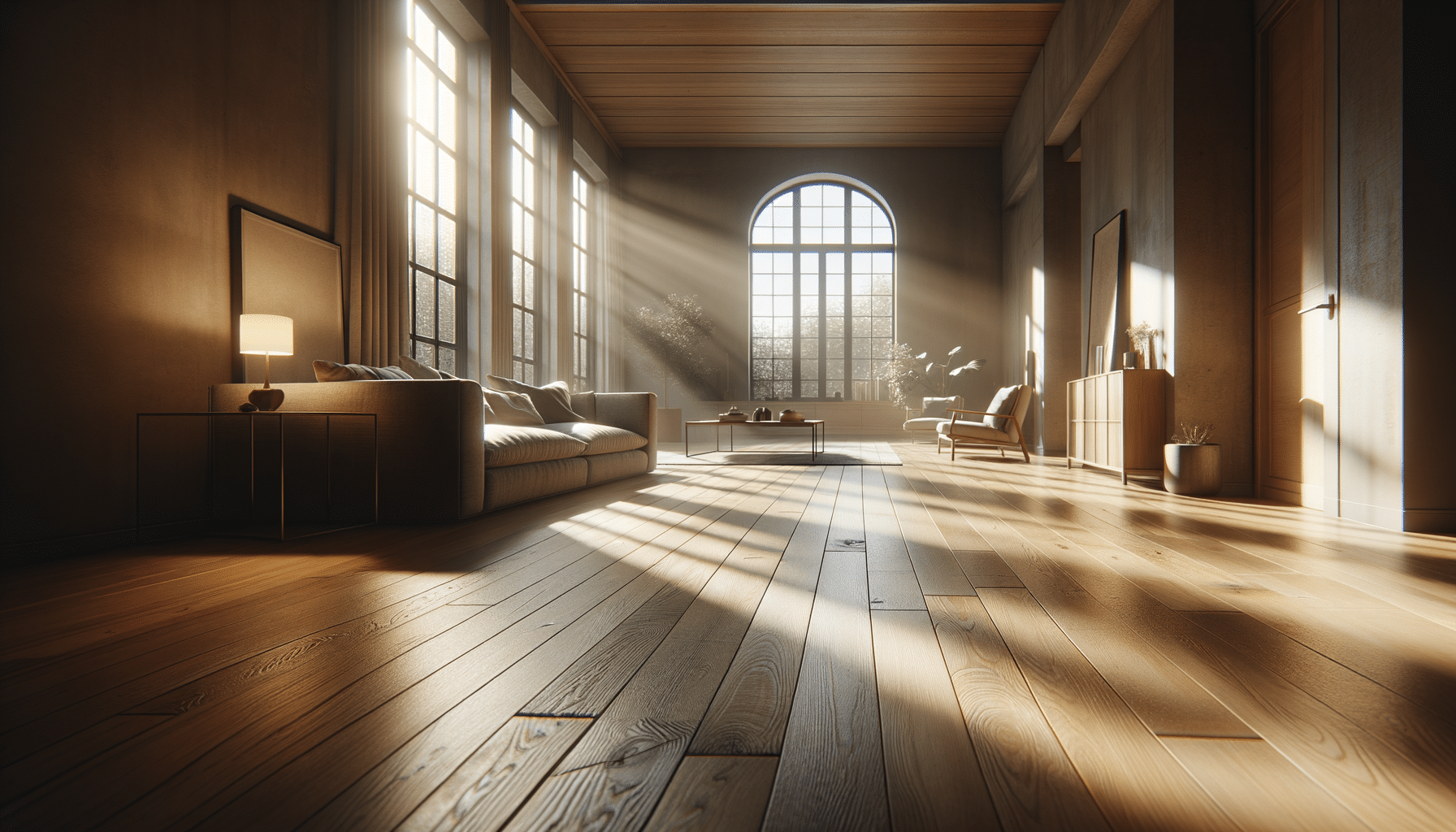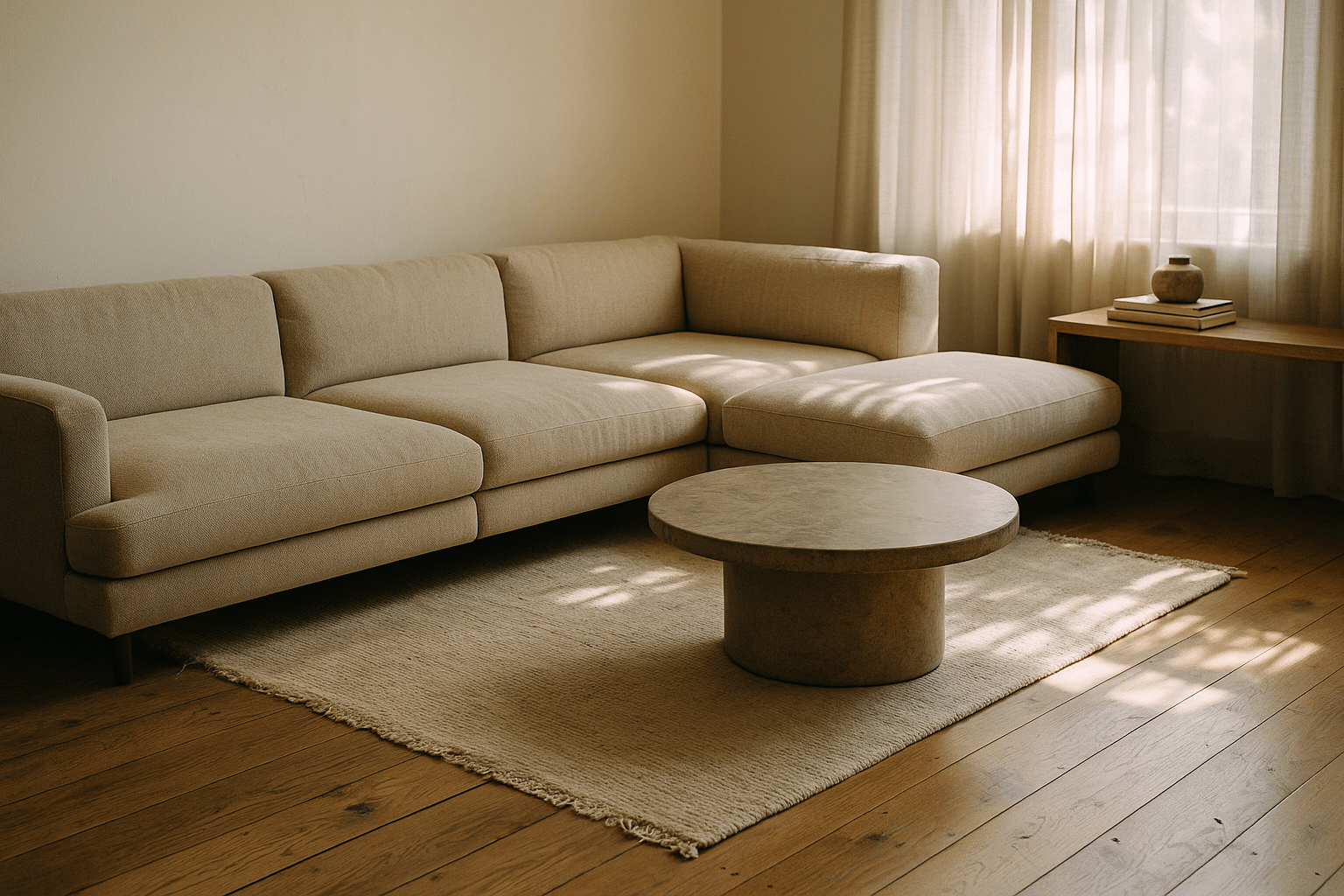
A Practical Guide to Flooring Options in 2025: Types, Costs, and Key Considerations
Introduction to Hardwood Floors
Hardwood floors have long been a cherished choice for homeowners, offering both elegance and durability. Their timeless appeal makes them a popular option for those looking to enhance the interior aesthetics of their homes. Beyond beauty, hardwood floors are known for their resilience and the ability to add significant value to a property. With the right care, these floors can last a lifetime, gracefully aging and adding character to any space.
Choosing the right type of hardwood flooring can be a daunting task given the variety of options available. From the type of wood to the finish, each choice impacts not only the look but also the performance of the floor. Understanding the different aspects of hardwood floors will help in making an informed decision that aligns with personal preferences and practical needs.
Types of Hardwood Floors
When considering hardwood floors, it’s essential to understand the different types available. The two primary categories include solid hardwood and engineered hardwood. Solid hardwood is crafted from a single piece of wood and is renowned for its durability and the ability to be refinished multiple times. This type of flooring is ideal for areas with low moisture levels and offers a warm, authentic appearance.
Engineered hardwood, on the other hand, consists of multiple layers of wood veneer, providing enhanced stability and resistance to changes in humidity and temperature. This makes it suitable for installation over concrete or in areas where moisture might be a concern. Additionally, engineered hardwood can often mimic the look of solid wood, making it a versatile choice for various environments.
- Solid Hardwood: Offers traditional beauty and longevity.
- Engineered Hardwood: Provides stability and moisture resistance.
Both types come in a variety of wood species, each offering unique grain patterns and colors, allowing for personalization to match any decor style.
Benefits of Hardwood Floors
One of the key advantages of hardwood floors is their durability. With proper maintenance, these floors can withstand heavy foot traffic and resist wear and tear. This makes them an ideal choice for busy households or commercial spaces. Furthermore, hardwood floors are relatively easy to clean, requiring only regular sweeping and occasional mopping to maintain their luster.
In addition to durability, hardwood floors contribute to better indoor air quality. Unlike carpets, they do not trap dust, pollen, or other allergens, making them a healthier option for individuals with allergies. Moreover, they can be refinished to remove scratches and renew their appearance, extending their lifespan significantly.
- Durability: Withstands heavy use and lasts for decades.
- Easy Maintenance: Requires minimal cleaning effort.
- Allergy-Friendly: Reduces allergens in the home.
These benefits, combined with the aesthetic appeal, make hardwood flooring a highly valued feature in homes and commercial properties.
Considerations When Choosing Hardwood Floors
When selecting hardwood floors, several factors should be taken into account to ensure the best results. The type of wood species is a primary consideration, as it affects both the appearance and hardness of the floor. Common choices include oak, maple, and cherry, each offering different colors and grain patterns.
The finish of the hardwood is another critical aspect, influencing both the look and the maintenance requirements. Options range from glossy to matte finishes, with some providing more protection against scratches and stains than others. It’s also important to consider the installation method, as some types of hardwood can be nailed, glued, or floated over existing floors.
- Wood Species: Choose based on color and hardness.
- Finish: Select for aesthetic and protection needs.
- Installation: Consider different methods for different surfaces.
By carefully weighing these factors, homeowners can choose hardwood flooring that suits their style while providing the desired functionality.
Conclusion: The Lasting Appeal of Hardwood Floors
Hardwood floors continue to be a favored choice for many, thanks to their timeless beauty and robust nature. They not only enhance the aesthetic value of a space but also offer practical benefits that make them a worthwhile investment. Whether opting for solid or engineered hardwood, these floors provide a durable and stylish solution that can adapt to various design preferences.
In today’s market, the array of options available ensures that there is a perfect hardwood floor for every home and lifestyle. By understanding the different types, benefits, and considerations, homeowners can make informed decisions that will bring lasting satisfaction and value to their properties.


